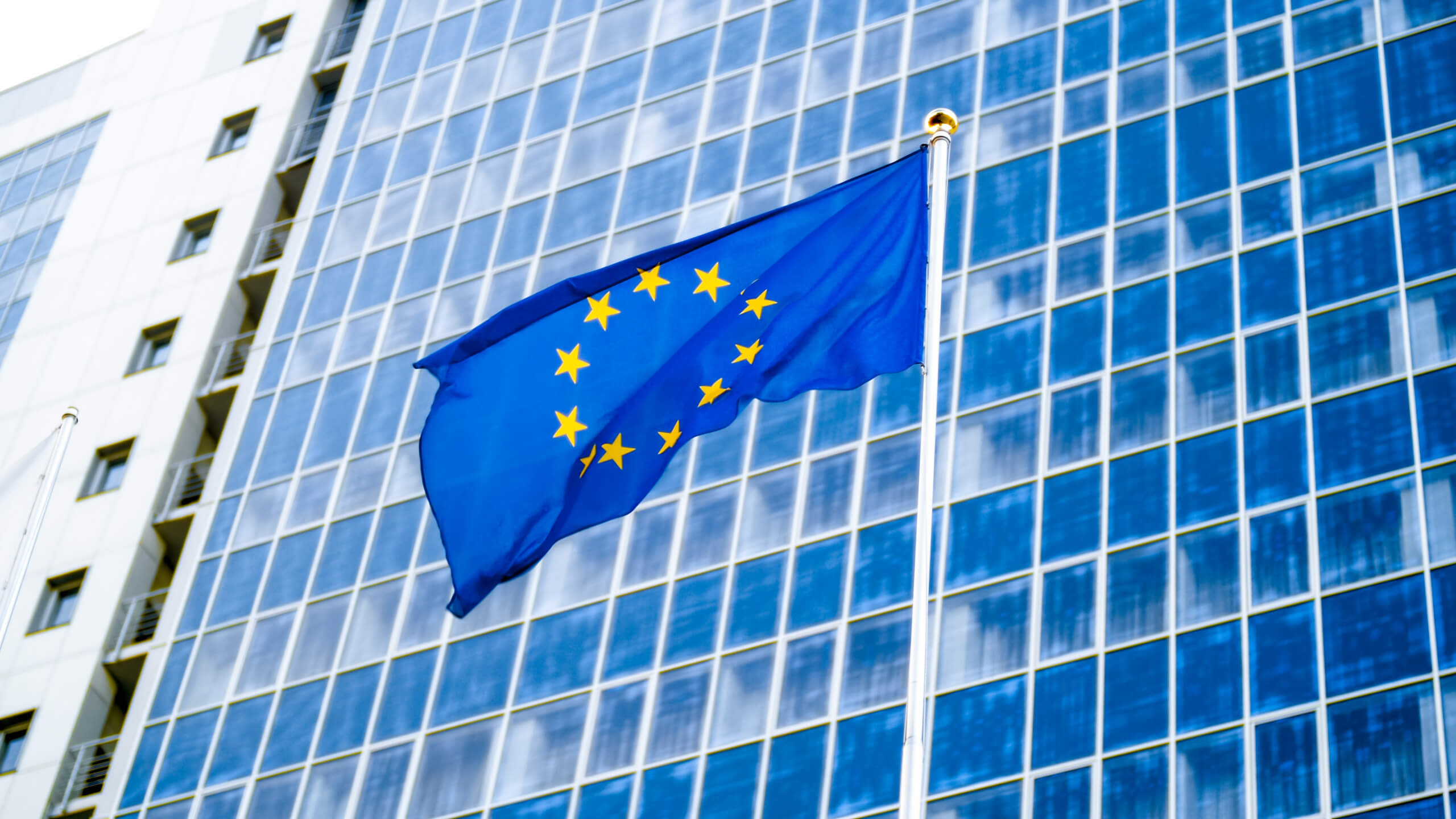Gender Equality: EU Corporate Leadership Directive Takes Effect
By 30 June 2026, large EU-listed companies are expected to achieve 40% representation of the underrepresented sex among non-executive directors or 33% across all board positions. This is one of the ambitious targets of the latest Gender Balance on Corporate Boards Directive.

At the close of 2024, this new EU legal requirement officially came into effect. This Directive is a significant step toward equitable gender representation in the leadership of listed companies across the European Union.
Despite recent progress, gender disparity remains challenging in many EU Member States. On average, women occupy 34% of board seats in the EU, with notable differences based on the measures implemented.
Listed companies EU must demonstrate efforts to achieve gender balance among executive directors.
In 2024, countries with binding gender quotas boasted a higher percentage of women on boards (39.6%), compared to 33.8% in countries with voluntary measures and 17% in countries with no gender-specific initiatives.
Member States must have transposed the Directive into national legislation by 28 December 2024.
Key provisions include:
- Gender-neutral selection criteria: Board selection processes must prioritize fairness and transparency.
- Preference for underrepresented candidates: In cases of equally qualified candidates, candidates from the underrepresented sex will be favored.
- Disclosure obligations: Unsuccessful candidates can request clarification on qualification criteria used in the decision-making process.
- Corporate commitments: Listed companies must demonstrate efforts to achieve gender balance among executive directors.
- Reporting requirements: Companies must disclose board compositions, identify obstacles to meeting gender balance targets, and outline measures to address these barriers.
- Penalties for non-compliance: Companies that fail to meet transparency or reporting standards can be sanctioned with fines or the nullification of board appointments.

Also, Member States must publish a list of companies that have met the Directive’s targets. They are also tasked with designating bodies responsible for promoting, monitoring, and supporting gender balance on corporate boards.
The European Commission will oversee the implementation of the Directive, and non-compliant Member States may face infringement proceedings.
Approximately 55% of EU citizens favor measures to address gender imbalances in decision-making, with a significant majority acknowledging the broader societal benefits of equality.
The 2024 European Institute for Gender Equality (EIGE) Index highlights a continued upward trajectory. Women’s empowerment in economic decision-making scored 57.6 out of 100, up from 54.7 in 2023.
Building on this milestone, the European Commission plans to unveil a Roadmap for Women’s Rights in 2025. This initiative aims to strengthen the EU’s commitment to equality further, setting the stage for continued progress in addressing gender imbalances and ensuring a more inclusive future for corporate governance across Europe.
The Role of Managers
Managers play a vital role in ensuring their organisations align with the Gender Balance on Corporate Boards Directive. Leaders and managers will revise practices to reflect gender balance mandates.
Transparent and equitable selection processes must be prioritized, ensuring board appointments are based on gender-neutral and merit-based criteria, with preference for underrepresented candidates when qualifications are equal.
Directive benchmarks include 40% representation in non-executive roles or 33% across all board positions by 2026. Managers are also expected to drive talent development by fostering leadership pipelines and emphasizing gender-balanced recruitment to build a pool of diverse, qualified candidates.
Accountability and reporting are also essential, requiring managers to monitor and disclose board compositions, outline actions taken to overcome obstacles, and provide transparency on qualification criteria upon request.
Creating an inclusive corporate culture is another critical responsibility. Managers must promote awareness of gender bias and its implications while championing the value of diversity in leadership.
Managers lead by example and demonstrate their dedication to equity through their internal actions and stakeholder engagement.
As the EU social partner responsible for representing only leaders and managers, CEC European Managers has been very active in providing relevant training and research through our dedicated Working Group on Gender Equality and Diversity and the European Project Beyond Unconscious Bias – Beyunbi.




